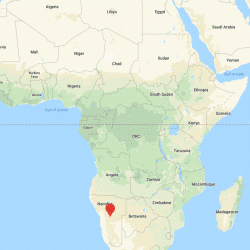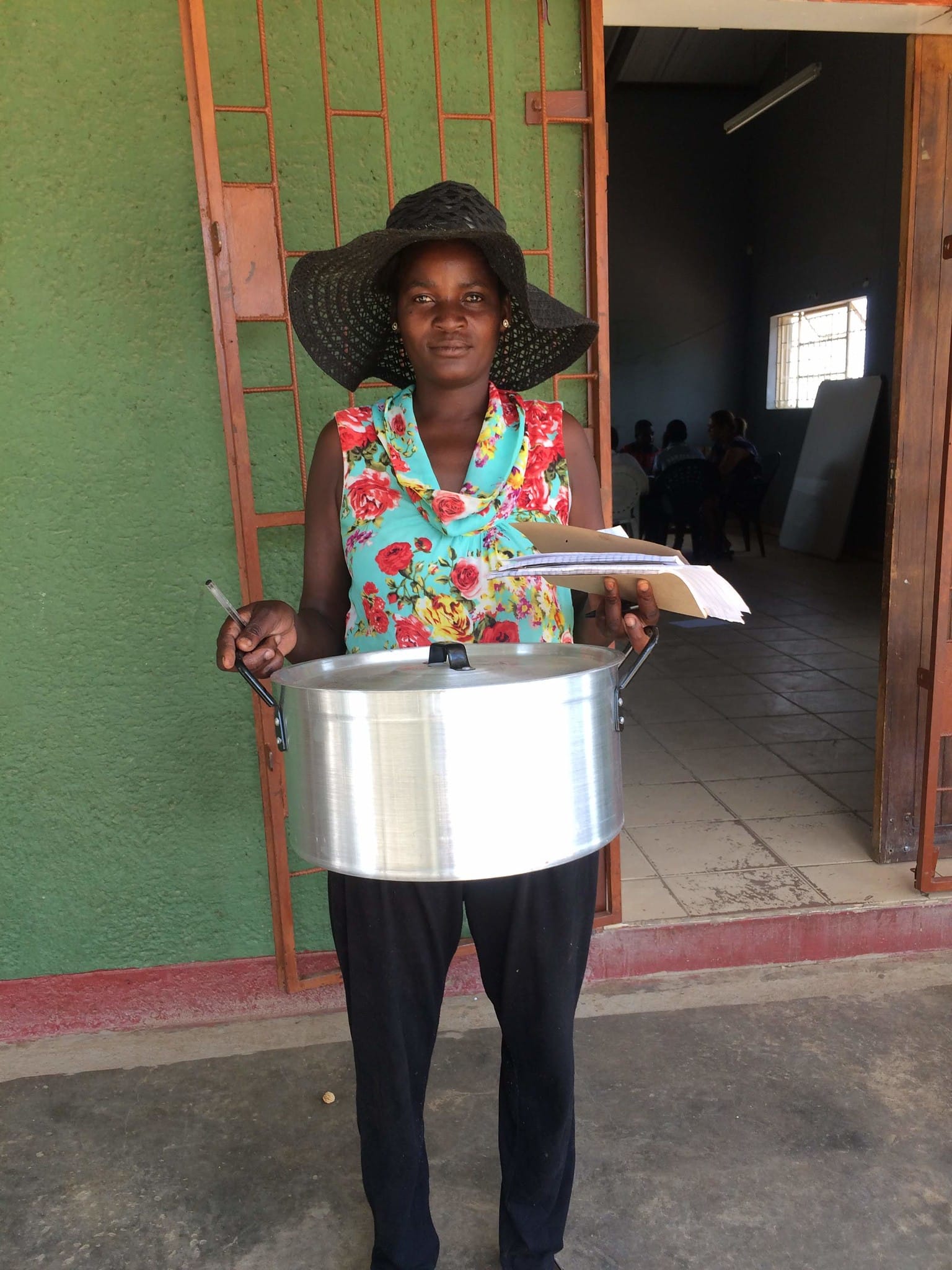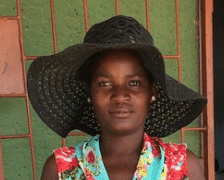Context
Namibia is classified as a middle-income country, but its per capita income is one of the most unequal in the world, with 55% of global income for 10% of the total population. Namibia has a population of more than 2.6 million people; 43% of them are under 15 years old. Namibia’s political stability and good economic management have helped it reduce poverty.
However, this has not been accompanied by job creation, and the socio-economic inequalities inherited from the years of the apartheid persist, despite generous public spending on social programs. 30% of the labour force is unemployed. Women and young people are most affected, with unemployment rates of 33% and 53% respectively (for 20-24 year olds).
Informal settlements (slums) are a major issue in Namibia. The capital Windhoek and nearby towns are surrounded by communities that migrate from rural areas, in the north and south of the country, in search of better employment opportunities and access to basic services. They build makeshift homes, creating slums with extremely precarious living conditions.
Our action
BREAKING THE VICIOUS CYCLE OF POVERTY
People living in extreme poverty in Namibia face a variety of complex challenges, including malnutrition, lack of clean drinking water, limited access to education and information, disease, poor housing and environmental conditions, social discrimination and exclusion, and adverse climatic conditions.
THE STRENGTH OF OUR APPROACH: ADDRESSING THE MULTIPLE CAUSES OF EXTREME POVERTY
Addressing the issue of income is not enough! Tackling only one of poverty’s causes, through partial aid, is an insufficient solution to sustainably overcome it.
Our Economic and Community Development FXBVillage Model allows us to provide, in three years, a complete response to the fundamental causes of poverty by simultaneously acting on 5 predominant factors.
The fundamental pillar of our model is economic strengthening. Its main innovation is the donation of seed capital—in lieu of loans—thus allowing families to achieve economic autonomy. Families are also given training in business management and financial literacy, enabling them to start income-generating activities (microenterprises) and gradually earn enough money to meet their daily needs, facilitate their financial inclusion, and continue to prosper after the program ends.
Along with economic strengthening, FXB ensures that every family member has access to basic human rights through four additional pillars: food security, access to education and critical health & social information, access to adequate health services, and a healthy home & environment.
For FXB, combating poverty also means fighting against all forms of discrimination, particularly gender discrimination, in order to balance relations between men and women so that the latter, who are more exposed to poverty, can access the same economic and social opportunities.
1. Develop the families’ socio-economic capacities
- Establishment of Saving, Credit and Support Groups to provide services to beneficiary families who do not have access to formal financial services. The Saving, Credit and Support Groups help create social bonds, provide space to share challenges and solutions and foster participants’ entrepreneurial spirit.
- Comprehensive training in financial management and entrepreneurship.
- Donation of an in-kind seed capital to each family in order to launch an economic activity that is profitable. Examples of small businesses include breeding, sewing, poultry farming or agriculture.
- Supporting families to develop, diversify and ensure the sustainability of their economic activities.
2. Ensure their food security and eradicate child malnutrition
- Emergency nutritional support is given to families during the first nine months of the program to help them regain a satisfactory state of health.
- Creation of individual vegetable gardens for the production of fruit and vegetables for self-consumption.
- Care of malnourished children under 5 years old.
3. Promote access to health care and disease prevention
- Registration of families in a center in order to receive adequate health care.
- Trainings in health management and healthy diet, sexual and reproductive health, and the prevention of diseases such as HIV/AIDS, coronavirus, malaria and tuberculosis, including facilitating tests.
- Psychosocial support to help families deal with the consequences of poverty and the various forms of violence encountered.
4. Improve their living conditions
- Equipping houses with improved cooking stoves, latrines, showers, and hand-washing stations.
- Training in water treatment, recycling, and water, sanitation and hygiene (WASH).
5. Provide schooling for children, vocational training for adolescents and young adults, and community capacity building.
- Collaboration with schools and teachers to enable children and young adults to go to school.
- Vocational training for teenagers and young adults.
- For a lasting impact and to bring about behavioral change, FXB organizes numerous sessions for communities. Family planning, the importance of education, hygiene, health, prevention of HIV/AIDS and other diseases, violence against women, children’s rights or environmental protection are all topics that are addressed in order to enrich life skills and build resilience.
FXB provides ongoing coaching and mentoring throughout the three years of the program to ensure that participants develop the confidence and ability to take action and acquire the economic and social skills necessary to successfully emerge from extreme poverty.
THE STRENGTH OF OUR ACTION : ENSURING SUSTAINABLE AUTONOMY
All dimensions of the FXBVillage model have been designed to ensure impact sustainability. FXB builds capacity, rather than creating dependency on external aid.
Through their work and commitment, participants ensure the sustainability of results on their quality of life.
At the heart of our model is the human being: we help each person express the potential that lies within. Thus, as our intervention progresses—and each participant’s ability to meet the needs of his/her family grows—FXB’s financial support gradually decreases.


